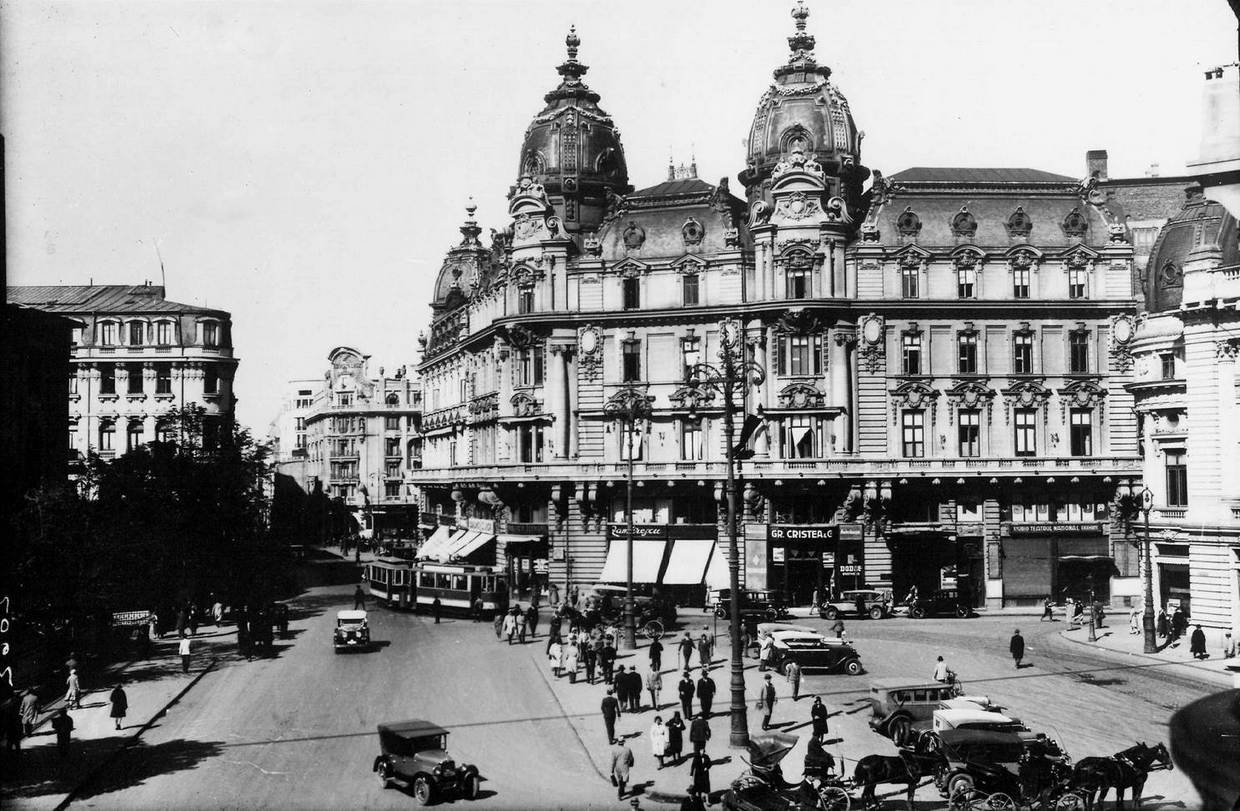
Shaping the City: scars and sutures
A comparison between urban initiatives in Bucharest, post-Socialism, and London, post-Localism, reveals how politics can shape the urban fabric.
 2
2
Local-Eyes! explores the role of the 'local' in building the 'local' community. Whether self organized, rallied together by a leader or a leading organization, teams of individuals can be extremely powerful in shaping cities. This issue's articles, part 1 of a two-part issue on bottom-up initiatives, demonstrate this through theory and practice, through explanations of transformations of post-Soviet cities to explications of the Venice Biennale and the Richard Rogers' Inside Out exhibit.

A comparison between urban initiatives in Bucharest, post-Socialism, and London, post-Localism, reveals how politics can shape the urban fabric.
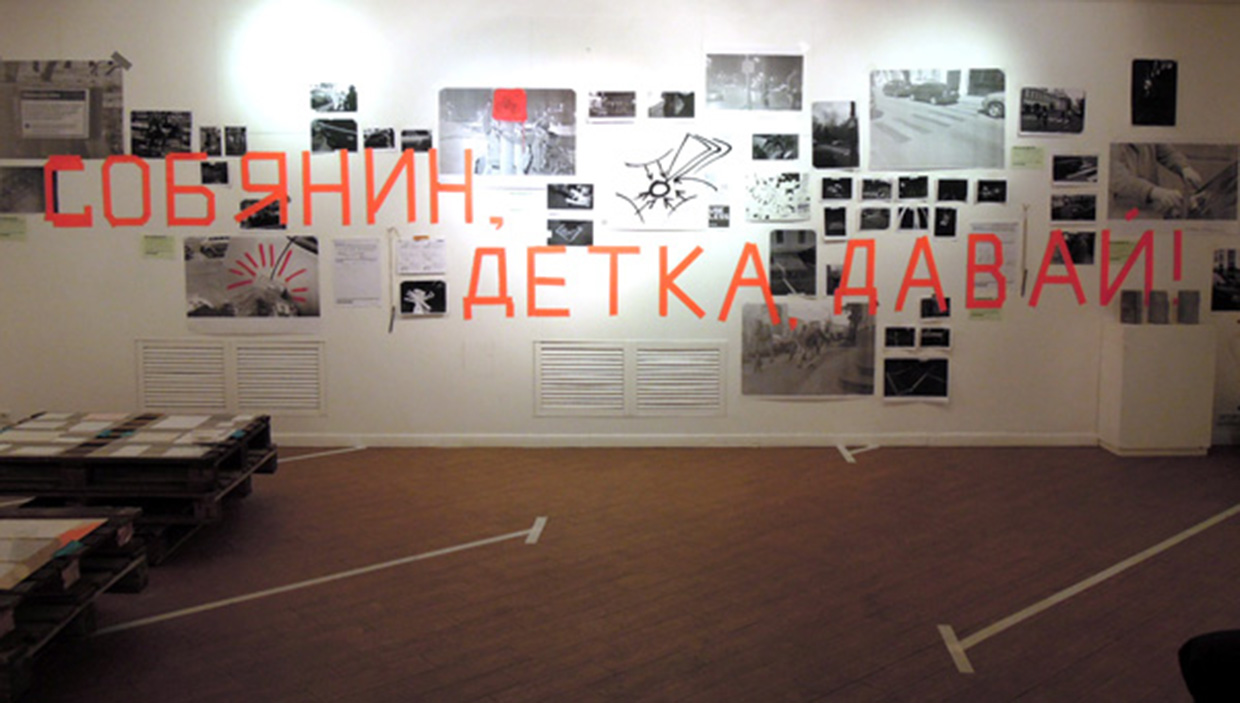
Partizaning leverages artistic interventions in Moscow’s public spaces as tools for social research and transformation, blurring the boundaries between everyday life, urbanism, activism and art.
The 2013 Velo-city Conference in Vienna, Austria, brought together citizens, policymakers, and business people to discuss how cycling can become mainstream in both developed and developing countries.
The world is entering into the age of the ‘Social City’: increasingly, citizens are becoming more interested and engaged in shaping their communities, and planning professionals must respond by empowering people to exert their ‘Right to the City’.
A review of Central St Martins Product design degree show reveals that students are equally interested in rigorous and critical creative thinking as in sound technical skills.
The 2013 Lisbon Architecture Triennale, Close, Closer, addresses the challenges and opportunities facing Europe as a result of the recent economic crisis.
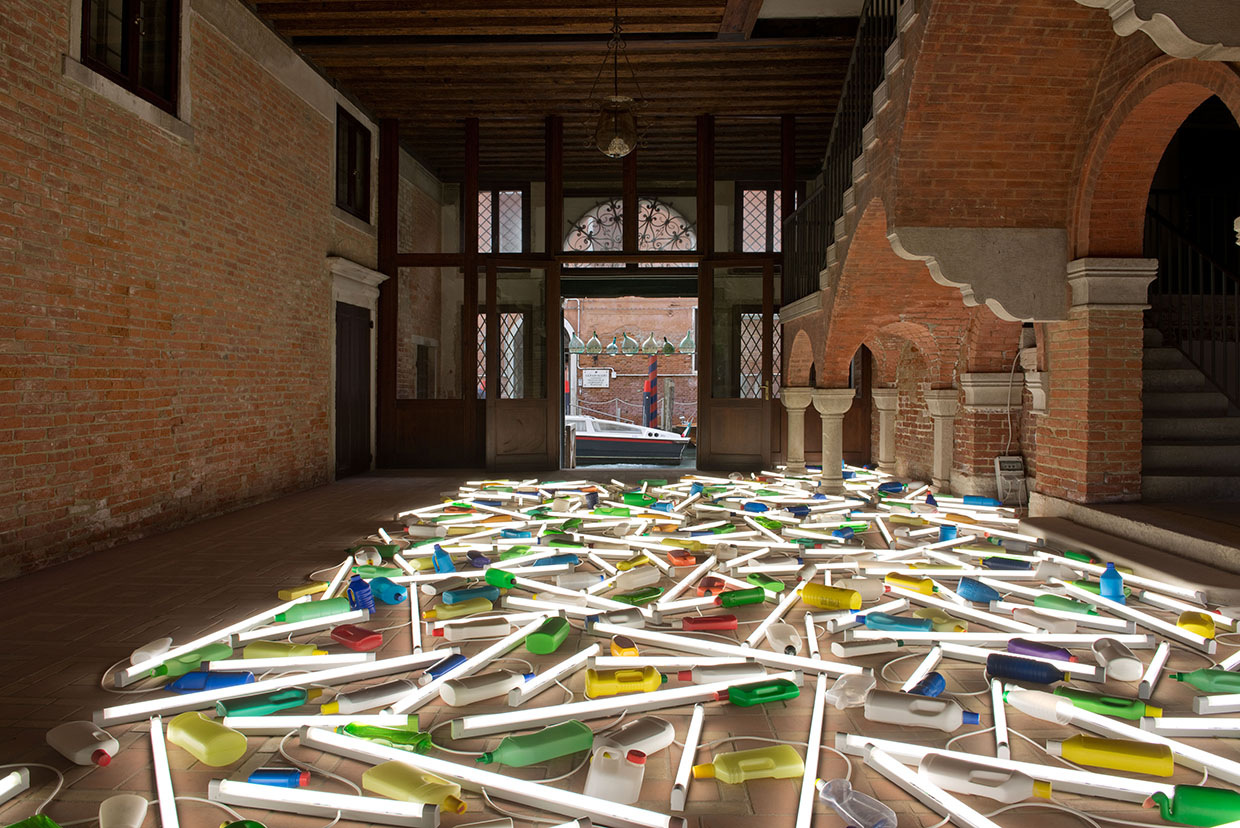
Below an introduction by Urbanista’s Editor-in-chief, Lucy Bullivant, Christine Styrnau recounts the highlights of this year’s Venice Biennale.
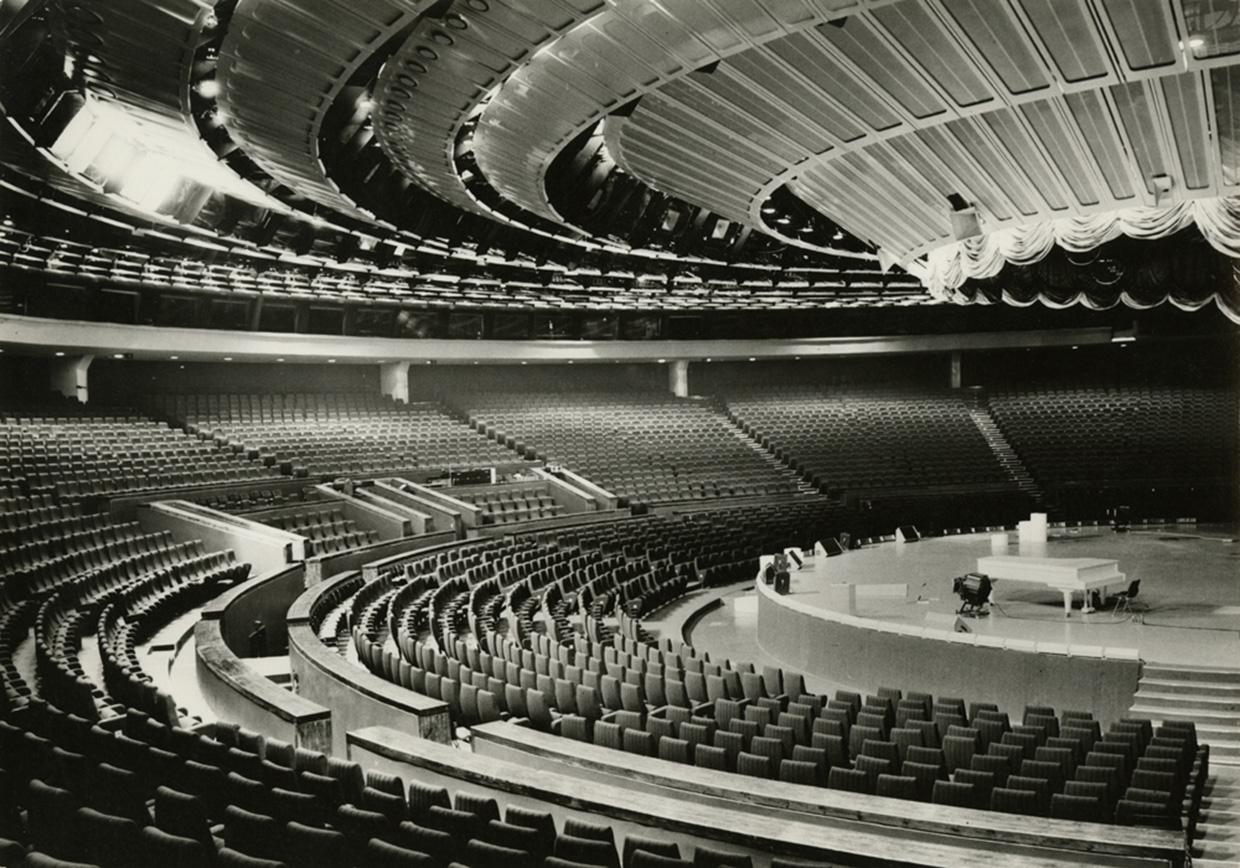
‘Recycling Socialism’ was the theme of this year’s Architectural Biennale in Tallinn, Estonia. In an effort to reflect Estonians’ conflicted relationship with the country’s Socialist past, curators hosted exhibitions in some of the capital’s most iconic and problematic buildings.

What do you do with a celebratory exhibition about your work? Use it as an opportunity to convey messages, a soap box, a meeting point of all the things you hold dear, stir people up.
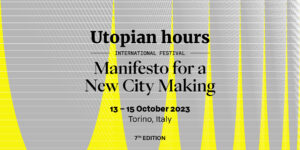
Utopian Hours: Manifesto for a New City Making, the first festival dedicated to innovative city making, is a rallying call for city planners, experts, makers, shapers, activists and developers to imagine new forms of city-making through conceptual innovation, showcasing some of the most inspiring ideas of recent years. This groundbreaking event launches for the 7th
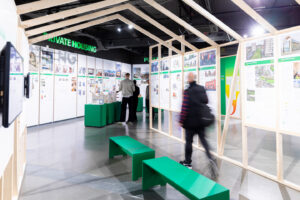
How can we achieve residential retrofitting at scale, because improving the performance of a home brings widespread economic, social, and environmental benefits. On display from 10 May – 20 October 2023, ‘Retrofit 23: Towards Deep Retrofit of Homes at Scale’, a new exhibition at the Building Centre, curated by Lucy Bullivant, explores these issues. The need
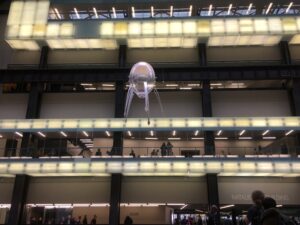
In Love with the World, Anicka Yi’s aerobes installation gracing the Turbine Hall at Tate Modern includes xenojellis and planulae, aquatic and terrestrial. These floating hybrid eco-tech machine species (mobile thanks to UAVs) develop individual and group behaviours over time, influenced by elements in the ecosystem. What if AI could learn through the senses rather
Groundbreaking educationalist Neil Pinder, in his talk for Temple Bar Trust (6 October 2021) argues for the need for architects and all built environment professionals to adapt their use of language to relate closely to the context of the audience. The power of words, phrases, the spoken word – summed up as language – is
Tara Gbolade is the latest architect to give a talk to Temple Bar Trust on 18 October 2021, chaired by Lucy Bullivant. She presented some of Gbolade Design Studio’s architecture and policy projects as case studies, highlighting how the practice responds to environmental, social and economic sustainability priorities, with the ultimate goal of designing kinder
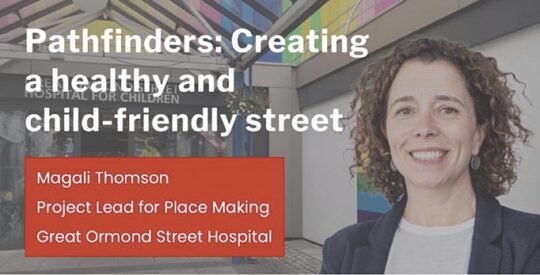
This year’s London Festival of Architecture 2021 adopts the highly topical theme of ‘care’, and exhorts us all to care more. Lucy has been curating Temple Bar Trust’s programme of online talks since June 2020 and our two events in the LFA programme (1-30.6) are: ‘Creating a healthy and child-friendly street for Great Ormond Street
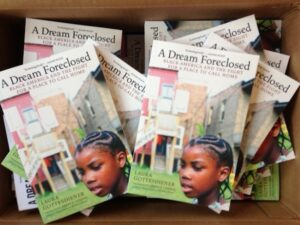
Wed 10 June 2020, Day 44 of the 100 Day Studio: Lucy Bullivant, founder of Urbanista.org, reads from ‘A Dream Foreclosed: Black America and the fight for a place to call home’ by Laura Gottesdiener, as part of Bedtime Stories, a nightly series of broadcasts on Instagram curated by Alicia Pivaro for The 100 Day
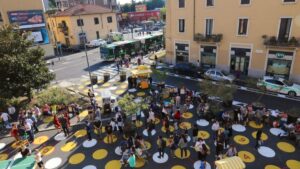
Together with Urban Vision, Urbanista.org has launched Urban Manifesto, a new webinar series creating a manifesto for a happier, healthier and liveable urban future as the world transitions from the COVID emergency into a new era. For our first episode we explored ‘Streets as Places of Mobility and Interaction’ with London-based architect Dinah Bornat and
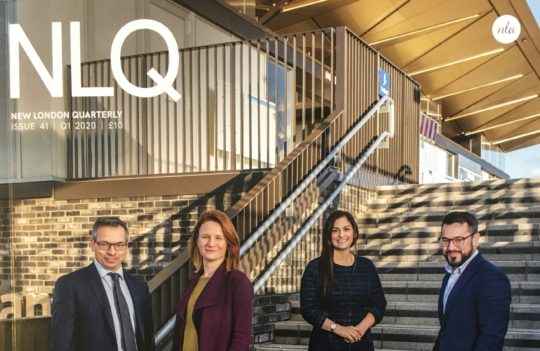
‘Making Meridian: Enfield faces its future’ is a new article by editor-in-chief of Urbanista.org Lucy Bullivant, featured on the cover of the 152 page winter issue of New London Quarterly, published with a redesign by Stefano Meroni. In it she explores Enfield Council’s creative leadership impacting its bespoke approach to Meridian Water. Along with
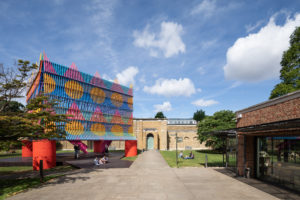
Every year the London Festival of Architecture takes a different theme to inspire its programme of public events, and in 2020 will examine power from multiple perspectives. The London Festival of Architecture opened its call for entries in October, inviting anyone with an interest in London and its built environment to respond with ideas for events